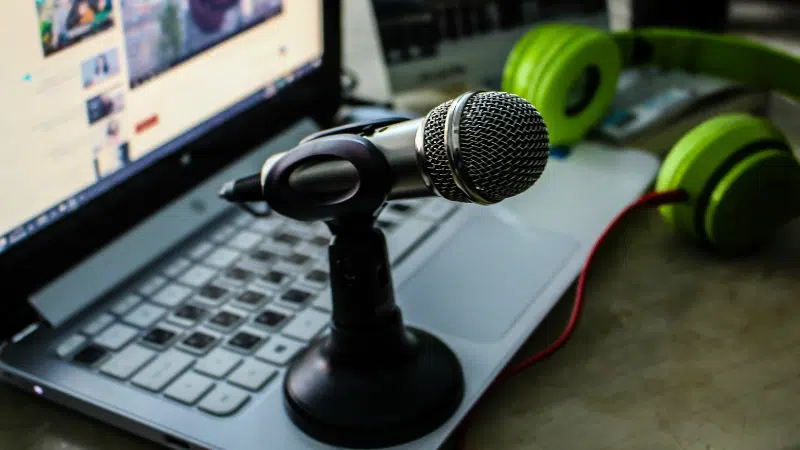If you’re a new artist, you may not fully understand all the important terms the industry throws at you yet. If an “ISWC” is one of those terms, don’t worry! We’re going to give you everything you need to know about it below…
What Is An ISWC and Why Is It Important?
Here’s the rundown…
An ISWC (International Standard Musical Work Code) is a unique reference number used in the music business to identify your musical work. This is different than the sound recording which uses the International Standard Recording Code (ISRC) identifier. This ISWC is internationally-recognized, so no matter what organization looks up this code, they’ll be able to track and verify specific information about your composition like the song title, songwriters, music publishers and ownership shares.
Obtaining an ISWC for your work is crucial for tracking the usage of your music and potentially receiving payments from performance rights organizations, including ASCAP and BMI. When royalties are generated from the performance or purchase of a recording of your songs or scores, your ISWC ensures that collection societies, distributors, digital streaming services, and other organizations know whom to compensate.
“What makes this so important?”
Although not having one of these codes won’t technically stop PROs and other publishing royalty sources from paying you when your music is performed, having an ISWC linked to your work can improve the chances of capturing more performances. These codes also help ensure that the correct individuals are compensated by other organizations. For example, in instances where sound recording rights holders need to pay the appropriate entities for a digital download of a song.
As we’ve said a million times here on this blog, that’s why providing consistent and accurate metadata is also so important. All this information increases the likelihood of being properly paid whenever your music is used or purchased out in the world. 💰
“How do I find this code?”
This code is an 11-character, alphanumeric code that is given to you by a Performance Rights Organization (PRO) (Like ASCAP, BMI, etc.). So, whoever you registered your music with, that’s who would have given you this code. You can also get one by heading over to International ISWC Agency. In the US, ASCAP is the official ISWC issuance agency, and you can also request an ISWC from them whether or not you’re a member.
Think of it like a digital fingerprint for your music. With it, you’ll be able to ensure you and whoever else is involved with your music is paid exactly what they’re owed.
Cant find it? // According to ASCAP, “ISWCs are assigned by the International Confederation of Societies of Authors and Composers (CISAC), but only after the works are registered with performing rights organizations (PROs) like ASCAP. When a new musical work is registered with ASCAP, we send the information about it to CISAC. Then they assign the ISWC, and it becomes part of the data attached to that work… CISAC will only assign an ISWC after receiving info about the work from a PRO. You cannot request a new ISWC from CISAC directly.”
- If you registered your music with ASCAP, your ISWC will be listed in your catalog in Member Access. (You can also find them via the public ASCAP Repertory Search.)
——
📚 Before you go, check these out…
Everything You Need To Know About Registering with PROs
Most Common Mistakes Artists Make While Registering Songs
How To Keep Your Accounts Safe Online as an Independent Musician
——
In Conclusion…
At the end of the day, an ISWC is an essential tool in the music industry that ensures the identification, tracking, and royalty distribution for musical works is accurate. By making sure each piece of music is uniquely identifiable, the ISWC helps protect the rights of creators and guarantees they receive the compensation they deserve.
Good luck!



